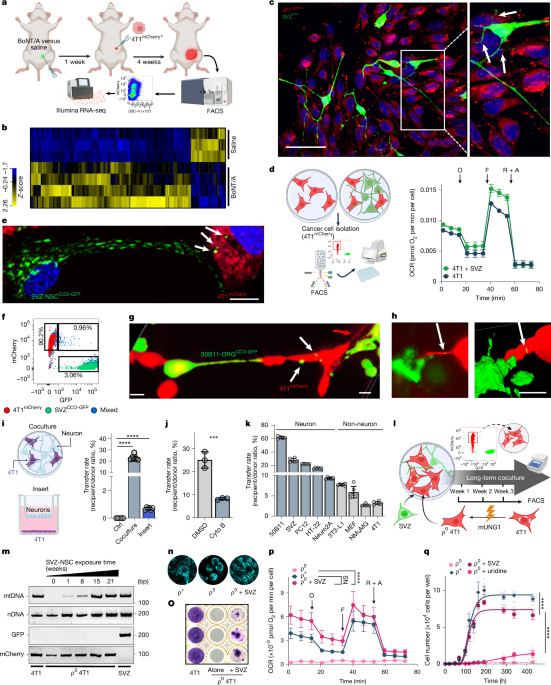
"Cancer cells exhibit metabolic plasticity allowing them to adapt their energy sources to navigate through the metastatic cascade, a crucial aspect of cancer progression."
"The non-autonomous mechanisms of metabolic plasticity, involving interactions with the cancer microenvironment, provide insights into how priorities in cellular metabolism can change."
"Studies emphasize that cancer-infiltrating neurons play a significant role in influencing cancer growth through direct metabolic support, linking nervous system activity and cancer aggressivity."
"Understanding the interactions between stromal and tumor cells, as well as the role of innervating neurons, could unlock new avenues for cancer treatment strategies."
The article discusses the importance of cancer plasticity in heterogeneity and the emergence of adaptive phenotypes. Cancer cells are known to primarily use glycolysis for energy but often adapt their metabolism, particularly through oxidative phosphorylation. It emphasizes how non-autonomous mechanisms involving interactions with stromal cells and the nervous system significantly contribute to the metabolic plasticity of tumors. These insights highlight potential targets for preventing metastasis and underscore the importance of understanding tumor-neuron interactions in developing treatment strategies.
Read at Nature
Unable to calculate read time
Collection
[
|
...
]